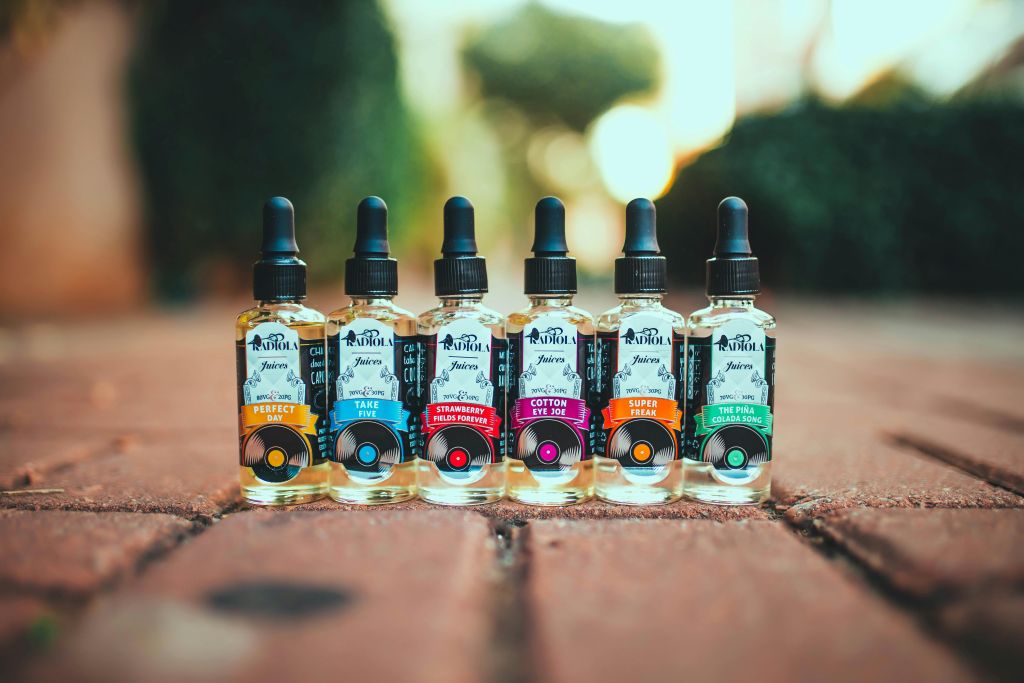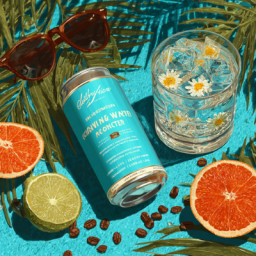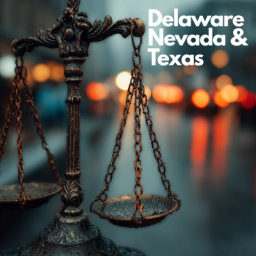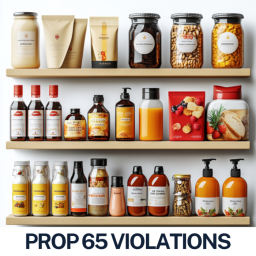
Virginia’s new flavored e-cigarette restrictions are facing a major legal challenge, and state officials want the case thrown out. Two local vape businesses argue the law effectively bans most flavored nicotine products, while the Attorney General says the state is fully within its authority. Below, we break down what the law actually does, how the lawsuit works, and what manufacturers, retailers, and distributors should expect next.
How Does Virginia’s 2025 Vape Directory Law Change Which Products Can Be Sold?
Short answer: Beginning December 31, 2025, Virginia will ban the sale of any e-cigarette or nicotine vapor product not listed on a new state-maintained directory. To be listed, products must have FDA marketing authorization or a qualifying, timely PMTA.
The law creates a Virginia Vapor Product Directory, overseen by the Office of the Attorney General. Manufacturers must certify every SKU sold in the state, and the directory determines what can legally remain on shelves.
Key requirements:
- Only listed products may be sold or distributed in Virginia after 12/31/25.
- Listing requires FDA marketing authorization or accepted PMTA status.
- Retailers get a 60-day sell-through period once the directory is published.
- Violations can trigger $1,000/day per SKU in penalties.
Why Are Retailers Claiming the New Law Unfairly Targets Flavored Vapes?
Short answer: Retailers say the law effectively bans nearly all flavored vaping products and improperly gives the state authority that belongs to the FDA.
In NOVA Distro Inc. & Tobacco Hut & Vape Fairfax Inc. v. Miyares, the businesses claim the law is unconstitutional because:
- It functions as a de facto ban on flavored vapes lacking FDA authorization.
- It duplicates federal regulatory authority, violating the Supremacy Clause.
- It disrupts interstate commerce and harms small retailers who rely on flavored sales.
- Many products “can never realistically qualify” given the FDA’s limited approvals.
The lawsuit seeks to block enforcement through declaratory and injunctive relief.
How Is the Attorney General Defending the State’s Authority to Regulate E-Cigarettes?
Short answer: The Attorney General argues the law is a valid exercise of state power and does not interfere with federal jurisdiction.
State officials maintain that:
- Virginia is regulating retail sales, not federal marketing approval.
- States have long-standing authority to restrict age-regulated or high-risk products.
- The directory helps prevent youth access and curbs unapproved or illicit vaping products.
- The lawsuit is premature because enforcement begins late in 2025.
From the government’s perspective, the law aligns with, rather than conflicts with, federal and industry standards.

Could the Directory System Remove Most Flavored Vapes From Virginia Shelves?
Short answer: Practically, yes. Legally, that question is central to the case.
Most flavored vapes lack FDA authorization, and the FDA has rejected most PMTAs involving fruit- and candy-flavored products. As a result:
- Many flavored SKUs will likely be excluded from Virginia’s directory.
- Small retailers say up to 90% of their inventory could become unsellable.
- Large companies with authorized products could gain market share.
The tension between consumer protection and practical marketplace elimination is driving the litigation.
Are Other States Moving Toward Similar PMTA-Based Vape Regulations?
Short answer: Yes. Virginia is part of a broader regulatory wave.
Several states, including Iowa and Louisiana, have explored or enacted PMTA-linked vape directory laws. Meanwhile:
- Federal courts disagree on whether such laws are preempted by federal tobacco statutes.
- The U.S. Supreme Court is increasingly involved in flavored-vape disputes.
- National retailers face a patchwork of regulations that complicate inventory management.
For multi-state operators, regulatory tracking is now a critical compliance function.
What Compliance Steps Should Manufacturers and Retailers Start Taking Now?
Short answer: Businesses should begin preparing immediately, regardless of ongoing litigation.
Recommended actions:
- Audit SKUs for FDA authorization or accepted PMTA status.
- Confirm manufacturer plans for Virginia directory certification.
- Create a phase-out plan for high-risk, non-listed SKUs.
- Implement store-level compliance systems to avoid fines.
- Monitor court rulings that could delay or modify enforcement.
Juris Law Group frequently advises regulated-product businesses on PMTA issues, multi-state compliance, and directory eligibility.
How Will the Court Decide Whether Virginia Can Enforce Its New Vape Rules?
Short answer: The court must determine whether the law oversteps state power or validly regulates product sales.
Key judicial considerations include:
- Does tying retail legality to FDA status improperly delegate federal authority?
- Does the rule indirectly ban products Congress allows to remain on the market?
- Are business harms severe enough to justify a preliminary injunction?
A ruling could influence state-level nicotine policy nationwide.
FAQs
Does this count as a “flavored vape ban”?
Not explicitly, but practically many flavored SKUs lacking FDA authorization may not qualify for listing.
Can manufacturers still submit PMTAs to qualify?
Yes, but only timely filed, accepted PMTAs will qualify.
What happens if a retailer sells a non-listed product?
They can face $1,000 per product per day in penalties.
Will online vape sellers be affected?
Yes. The law applies to any sale or distribution into Virginia.
Could this issue reach the Supreme Court?
It could, especially if states continue adopting directory laws and federal circuits split.
Key Takeaway
Virginia’s 2025 vape directory law is one of the most far-reaching flavored e-cigarette regulatory measures in the country. Whether the law survives the current lawsuit will shape the future of flavored-vape sales, PMTA-linked compliance, and the balance of state–federal authority in the nicotine industry. With enforcement set for December 31, 2025, businesses should begin preparing now.
Juris Law Group advises manufacturers, distributors, and retailers on navigating complex nicotine and vapor regulations across U.S. markets.












